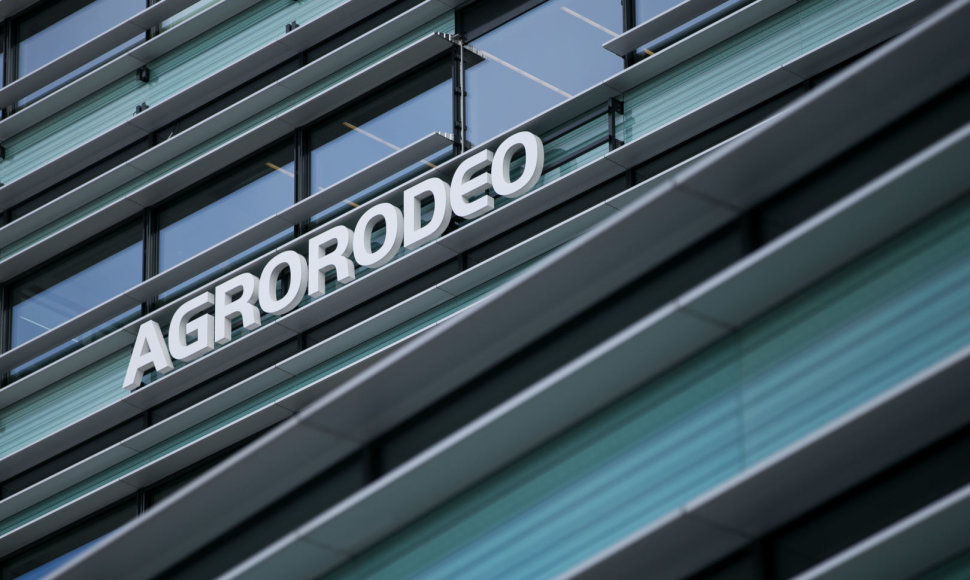Currently, we are seeing that the economic recession has begun by impacting currency exchange rates. Under current evaluations, our customers have lost around 15% of their purchasing power due to this, which implies that they will purchase less grain than usual. It is hard to predict, to what extent and how long the grain pricing on international markets will retain a positive outlook. The situation could be influenced by the impact COVID-19 has on resources in the agricultural sector and on logistics, also whether weather will be favourable, how circumstances will develop on the market. In the future, grain pricing could even be influenced by the oil price war ensuing between Saudi Arabia, due to which the production of transport purpose bioethanol and biodiesel could decrease and the freed up raw materials – increase the supply of grain cultures on the market.
Falling oil prices are influencing the global grain trade market by cutting into the revenue of oil-exporting countries and reducing their purchasing power. Furthermore, low oil prices are halting ethanol bioethanol production and this has already led to several closures of US ethanol factories. It is likely that increased supply of corn unused for ethanol production will begin pressuring wheat prices. 50% of the rapeseed in the European Union were used for biodiesel production, but oil prices and the unprecedented movement restrictions due to COVID-19 have been cardinally decreasing biodiesel demand and increasing the likelihood that the price of rapeseed will also trend downward and could indirectly influence changes in wheat prices.
Just as everywhere around the world, Lithuanian agriculture should be held as a priority importance, critical chain of the essential food and fodder infrastructure chain. Safeguarding it and ensuring its vitality will directly depend on what revenue we will be able to ensure for growers in this year’s harvest.












